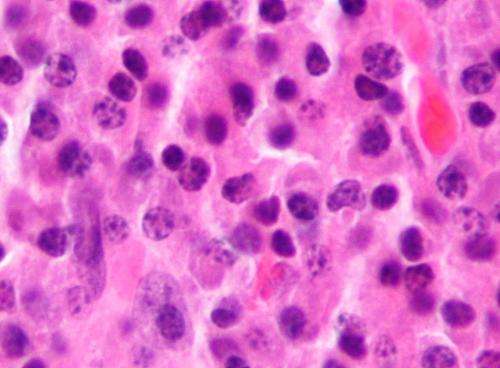Could Human Lifespan Extending Technologies Make Immortality Possible?

Exploring whether future medical breakthroughs could allow humans to like forever, recent statements by world leaders have reignited discussions on aging, longevity, and scientific possibilities. While promising research exists, true immortality remains beyond current scientific reach.
Recent remarks by Vladimir Putin and Xi Jinping have sparked considerable discussion in the scientific community and beyond. During a Beijing summit, the leaders were overheard discussing the potential for humans to surpass traditional aging limits through advanced medical interventions. Putin suggested that recent developments in biotechnology, such as organ transplants, could enable humans to live beyond 150 years, and even achieve immortality. Xi Jinping responded by indicating that predictions of humans living up to 150 years within this century are plausible.
However, these comments are not widely supported by current scientific evidence. Experts in human aging emphasize that the idea of eternal life remains speculative. While human longevity has improved significantly—highlighted by the record held by Jeanne Calment, who lived to 122 years—there is no scientific consensus on the possibility of overcoming the biological limits of aging.
Research into aging mechanisms, such as epigenetics, offers promising avenues. Studies have shown that modifying certain genetic processes can extend lifespan in animals, like mice, but applying these findings to humans involves complex challenges. The concept of replacing organs regularly or employing genetic engineering raises significant ethical, medical, and logistical concerns.
Furthermore, the pursuit of extreme longevity involves substantial financial investments and a growing industry centered around wellness and regenerative medicine. Notable investments include Russia's 38-billion-ruble project on regenerative medicine and efforts by tech entrepreneurs aiming for radical life extension. Despite these advancements and investments, mainstream science remains cautious, emphasizing the importance of focusing on healthy aging rather than indefinite lifespan.
Overall, while the idea of achieving immortality captivates popular imagination, current scientific understanding suggests that extending human life significantly beyond natural limits remains a formidable challenge. Priorities are increasingly placed on enhancing quality of life and healthspan, rather than perpetual existence.
Stay Updated with Mia's Feed
Get the latest health & wellness insights delivered straight to your inbox.
Related Articles
Nearly Doubling of Survival Rates in Myeloma Patients Since 2005
New research shows that survival rates for myeloma patients in the UK have nearly doubled since 2005, driven by new treatments and clinical trial participation, offering hope for improved outcomes in blood cancer care.
Patient-Delivered Care Shows Promise for Sustaining Weight Loss Better Than Traditional Professional Programs
New research suggests that patient-delivered support models may outperform traditional professional programs in sustaining weight loss, offering a sustainable and cost-effective approach to long-term obesity management.



